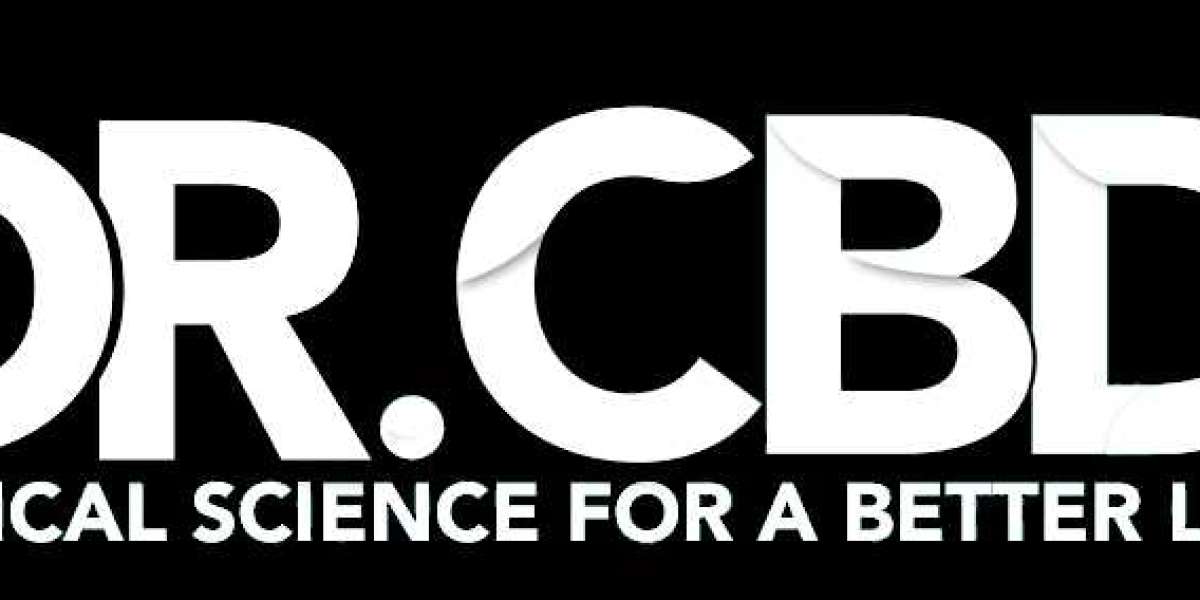What Is CNC Machining?
CNC machining involves the use of pre-programmed computer software to control factory tools and machinery. This technology automates complex processes, allowing for precise cutting, drilling, milling, turning, and shaping of materials like metal, plastic, wood, and composites.
The process begins with a CAD (Computer-Aided Design) model, which is converted into a set of commands (G-code) that the CNC machine follows to fabricate the part. CNC machines range from simple 3-axis systems to complex 5-axis or multi-axis configurations, offering flexibility for a wide range of production needs.
Benefits of CNC Machining Services
1. Unmatched Precision and Consistency
CNC machining delivers exact tolerances and intricate designs with minimal human error. Once programmed, the machine can produce identical parts repeatedly with outstanding accuracy.
2. High Efficiency and Speed
Automation dramatically reduces production time. Multiple parts can be manufactured in a single setup, increasing throughput and reducing labor costs.
3. Material Versatility
CNC machines can process a wide variety of materials including aluminum, steel, titanium, brass, plastics (like ABS or PEEK), and even exotic alloys, making them suitable for various industries.
4. Scalability
Whether it’s a one-off prototype or a full production run, CNC machining services can scale to meet different project sizes while maintaining quality.
5. Reduced Waste
Precision machining minimizes material wastage, lowering costs and contributing to more sustainable production processes.
Applications of CNC Machining Services
Aerospace: High-performance parts with tight tolerances, such as turbine blades and aircraft frames.
Automotive: Engine components, custom brackets, transmission parts, and chassis elements.
Medical: Surgical instruments, orthopedic implants, and diagnostic devices.
Electronics: Enclosures, heat sinks, and connectors.
Industrial Equipment: Custom tooling, fixtures, and machine components.


